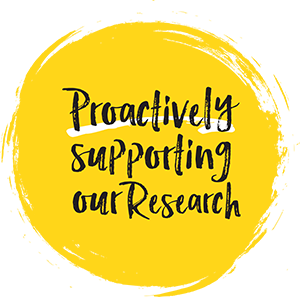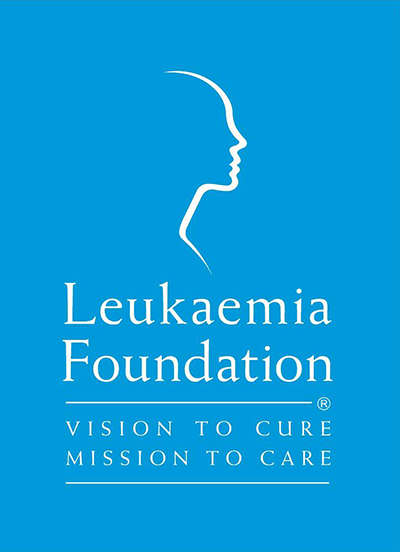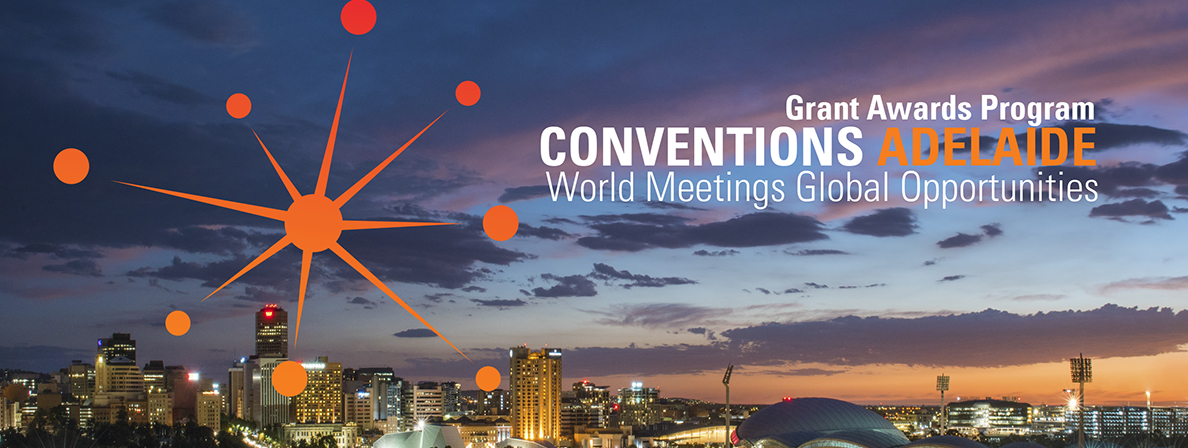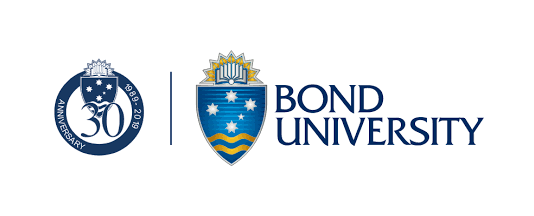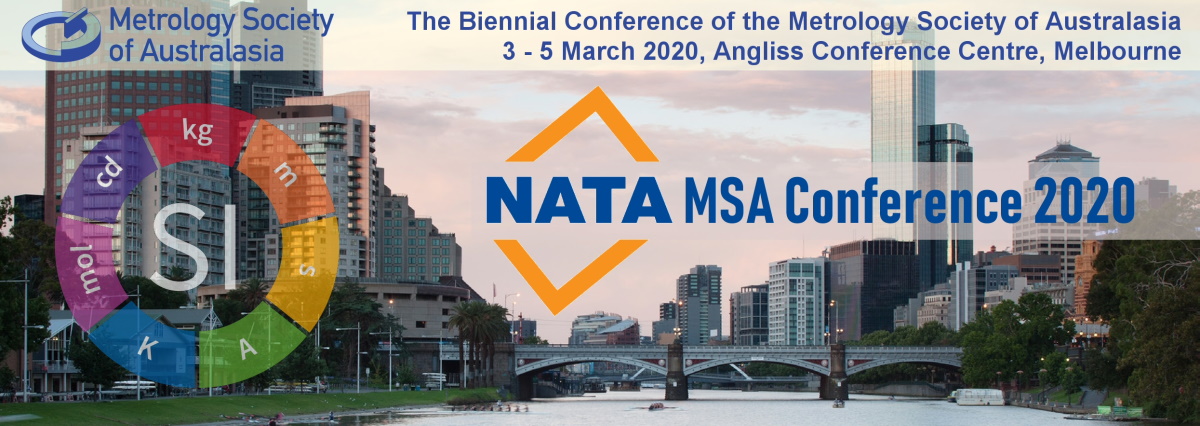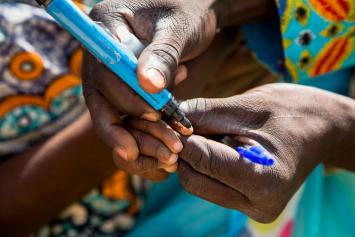Seminars Conferences and WorkshopsWhat's on in ienrol research - 3 to 18 October 2019
Book now at ienrol research to access Flinders’ researcher training and development opportunities. Workshops, information sessions, seminars and drop-in sessions aim to provide ongoing development and support to all researchers.
Key workshops in the next two weeks include:
Understanding and optimising research performance metrics;
NHMRC Investigator Grants Information Session;
ARC Discovery Project Information Session;
plus scheduled drop-in sessions that enable you to meet and work directly with our RDS teams.
Click on the links below to view the course details.
Drop-In Sessions: ARC grants, Wednesday 9 October 2019
Drop-In Session: NHMRC and Health grants, Wednesday 9 October 2019
Understanding & optimising research performance metrics, Thursday 10 October 2019
NHMRC Investigator Grants Information Session, Tuesday 15 October 2019
Drop-In Sessions: Industry, Government, International & Internal grants, Tuesday 15 October 2019
Drop-In Sessions: ARC grants, Tuesday 15 October 2019
Drop-In Session: NHMRC and Health grants, Wednesday 16 October 2019
ARC Discovery Project Information Session, Friday 18 October 2019
Further courses scheduled for later in the month and beyond are available at ienrol research.


